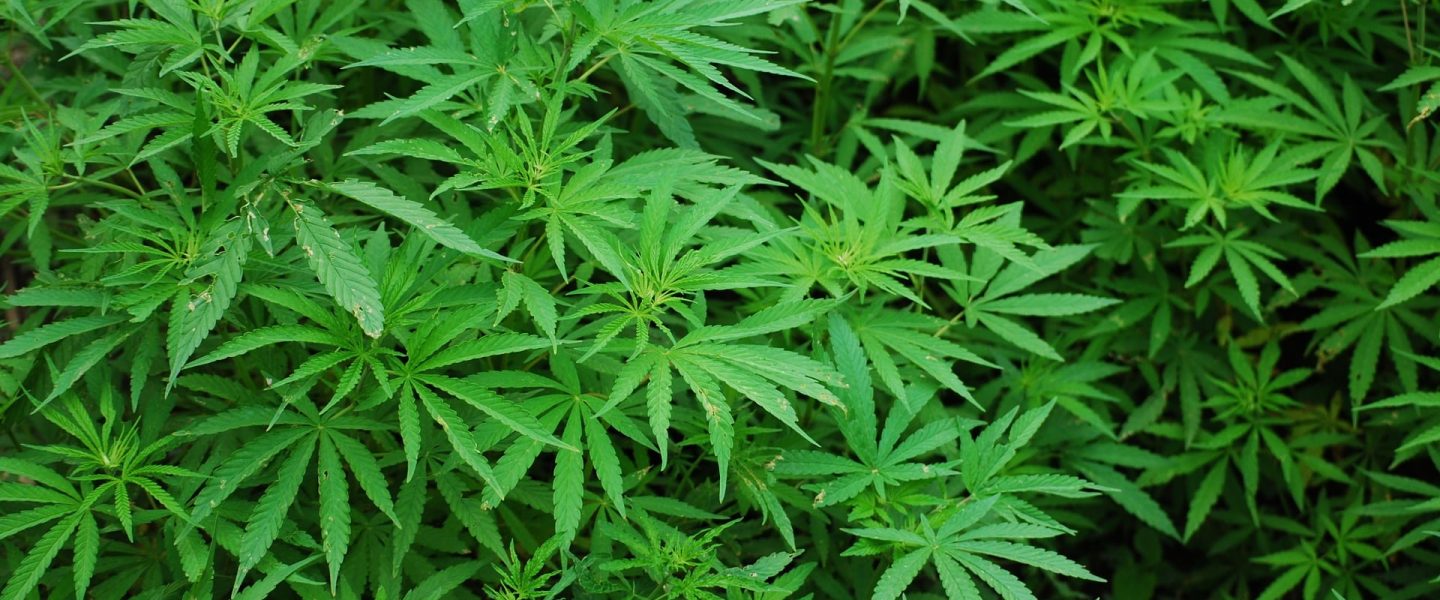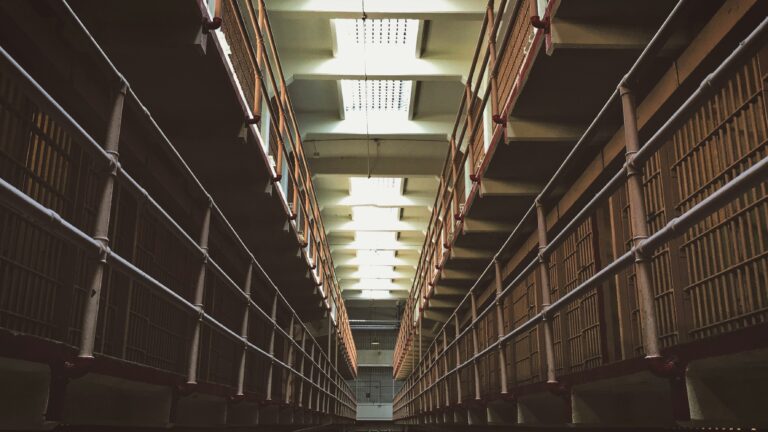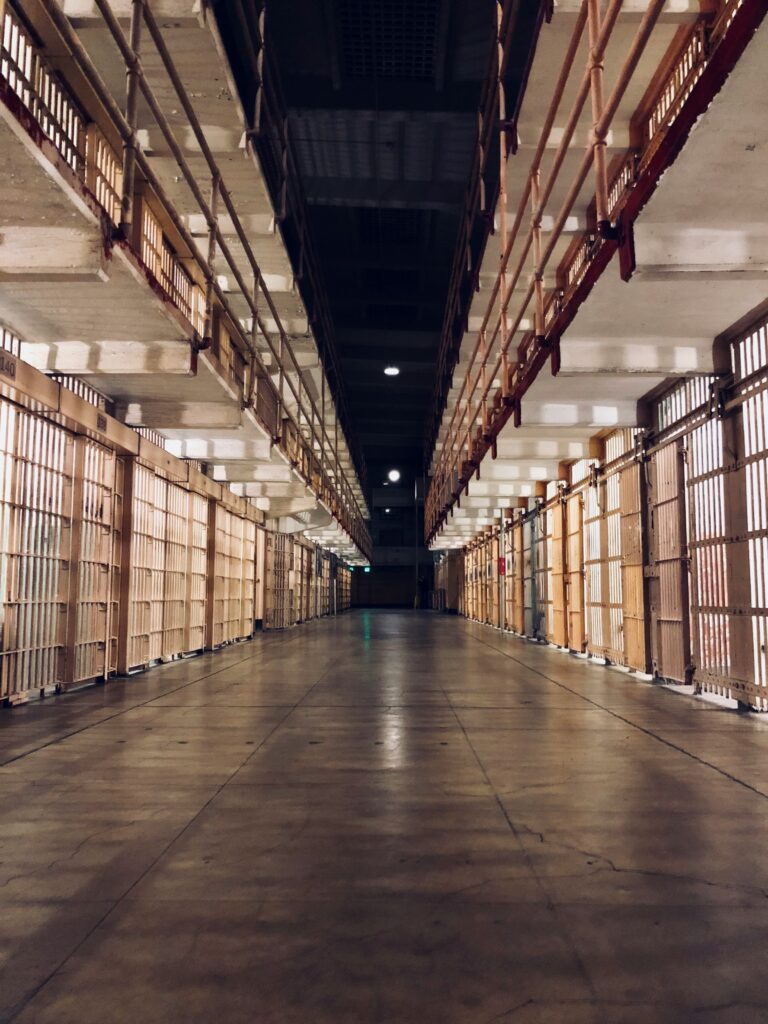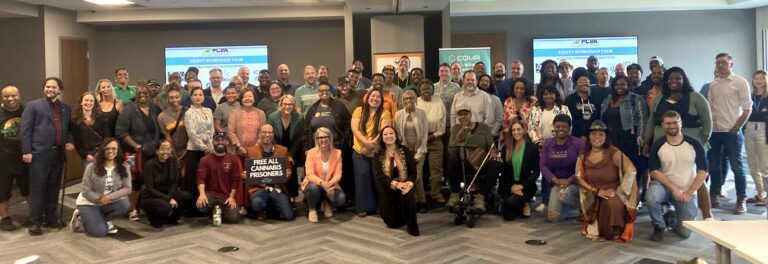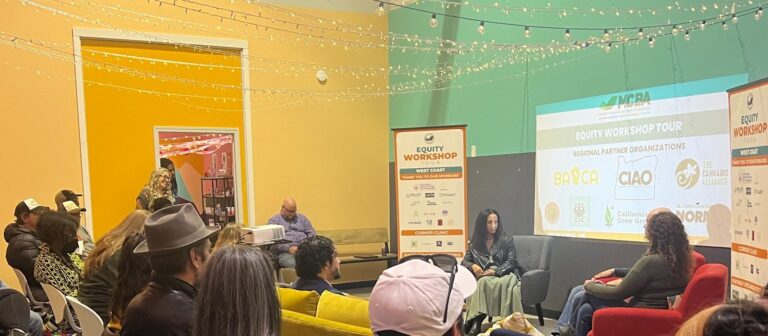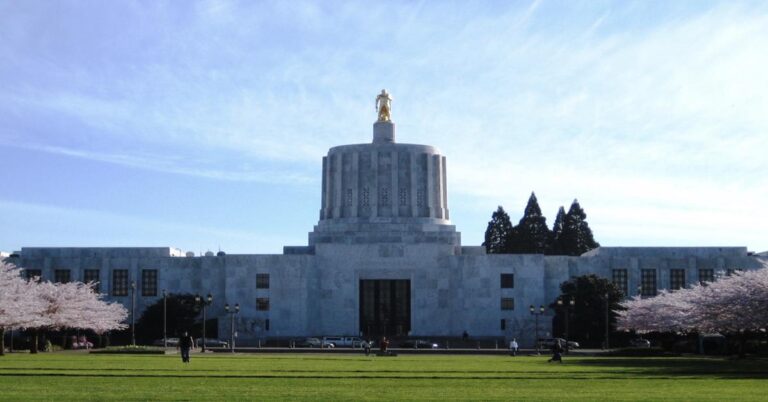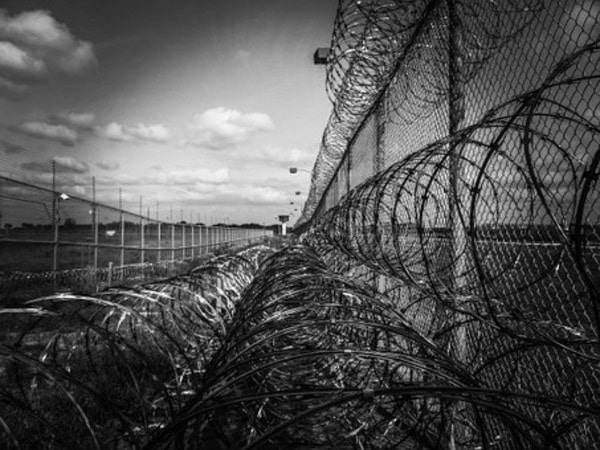
As both Democratic and Republican politicians, more surprisingly the latter, begin to wake up to the fact that legal marijuana is not a bad thing, some are asking questions about states’ rights, which has led to a shift in rhetoric and a new round of legislative proposals on the issue.
Cannabis legalization, however, notedVox, cannot solve the mass incarceration problem in this country because most people in jail or prison are not there for drug charges.
It often seems that way if one reads ACLU reports: Between 2001 and 2010, there were over 8 million pot arrests in the U.S. That’s one bust every 37 seconds. Then there’s the racist element. Blacks are 3.73 times as likely to be arrested for marijuana possession.
According to the Prison Policy Initiative, around 21 percent of people in jail or prison are in for drug crimes, including marijuana possession, confirming that great majority of people are not incarcerated for drugs.
But the horrible fact remains: the United States, which makes up only five percent of the world’s population, has the largest prison population on earth.
In addition, according to activist, academic and author, Angela Davis, one-third of the world’s incarcerated women reside in U.S. jails.
The latest report done by the Prison Policy Initiative (PPI) gives a full picture of US mass incarceration.
“The American criminal justice system holds more than 2.3 million people in 1,719 state prisons, 102 federal prisons, 901 juvenile correctional facilities, 3,163 local jails, and 76 Indian Country jails as well as in military prisons, immigration detention facilities, civil commitment centers, and prisons in the U.S. territories.”
To these figures, notes Ms. Davis, there are another seven million people under correctional control.
“The United States of America is a prison nation,” said Ms. Davis.
Data gathered by the non-profit PPI confirms that while nonviolent drug convictions are defining characteristics in the federal prison system, they play a lesser role on state and local levels.
While most people in state and local facilities are not locked up for drug offenses, most states continue the practice of arresting people for simple possession, which destabilizes lives, communities and reduces job, higher education and housing prospects, to name only some.
On Tuesday, Congresswoman Sheila Jackson Lee of Texas brought this issue up in her House floor speech. “The President has proposed doubling down on mass incarceration and the war on drugs, which drains the African American labor pool.”

